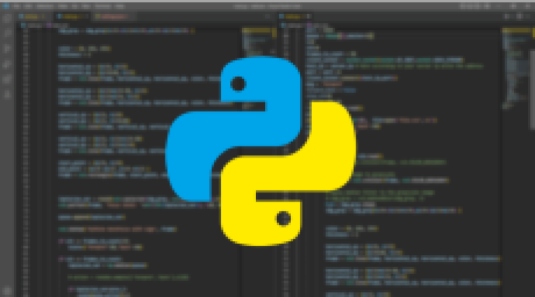Introduction
Welcome to Lab 2 of your FastAPI learning journey! In the previous lab, you built a basic Jokes API. Now, it’s time to upgrade your API by adding categories and query parameters.
This tutorial is beginner‑friendly and explains everything step-by-step.
By the end of this lab, you will know how to:
- Add query parameters to FastAPI routes
- Pass values dynamically through URLs
- Create customized API responses
- Use PyJokes categories
Understanding the Requirements
You will build an API that:
- Accepts a query parameter named
category - Supports multiple categories:
neutralchuckall
- Returns a random joke from the selected category
- Prints the selected category and joke in the console for debugging
Setting Up
Install the required packages:
pip install fastapi uvicorn pyjokes
Create a file named main.py.
Writing the API Code
Here is your full Lab 2 code:
# Lab2: Personalized Jokes API with Categories
# pip install fastapi uvicorn pyjokes
# Command to run app:
# python -m uvicorn main:app --reload
from fastapi import FastAPI, Query
import pyjokes
app = FastAPI()
@app.get("/joke")
def tell_a_joke(category: str = Query(
default="neutral",
description="Category of Joke: neutral, chuck, all"
)):
"""
Returns a random joke.
Optional query parameter: category (default: neutral)
"""
joke = pyjokes.get_joke(category=category)
print(f"Category: {category} | Joke: {joke}")
return {"category": category, "joke": joke}
Code Explanation
1. Importing Modules
from fastapi import FastAPI, Query
import pyjokes
Queryallows you to define query parameters with defaults and descriptions.
2. Creating the App
app = FastAPI()
3. Defining the Endpoint
@app.get("/joke")
This means:
When someone visits
/joke, run the following function.
4. Adding a Query Parameter
category: str = Query(default="neutral",
description="Category of Joke: neutral, chuck, all")
This allows the user to request:
/joke?category=neutral
/joke?category=chuck
/joke?category=all
If no category is given, it defaults to "neutral".
5. Getting the Joke
joke = pyjokes.get_joke(category=category)
PyJokes automatically selects a random joke from that category.
6. Returning JSON Response
return {"category": category, "joke": joke}
Running the API
Run the server using:
python -m uvicorn main:app --reload
Testing Your API
Open your browser or use curl/Postman:
Neutral jokes (default)
http://127.0.0.1:8000/joke
Chuck Norris jokes:
http://127.0.0.1:8000/joke?category=chuck
All jokes:
http://127.0.0.1:8000/joke?category=all
Automatic API Documentation
FastAPI gives you free docs again!
Swagger UI
http://127.0.0.1:8000/docs
ReDoc
http://127.0.0.1:8000/redoc
Here you can test the category query parameter interactively.
Conclusion
In this lab, you learned how to:
- Add query parameters with defaults
- Make your API dynamic
- Personalize responses
- Use PyJokes categories
- Read logs printed in your server console
You now have a flexible Jokes API that users can interact with!
Website: https://www.pyshine.com Author: PyShine





